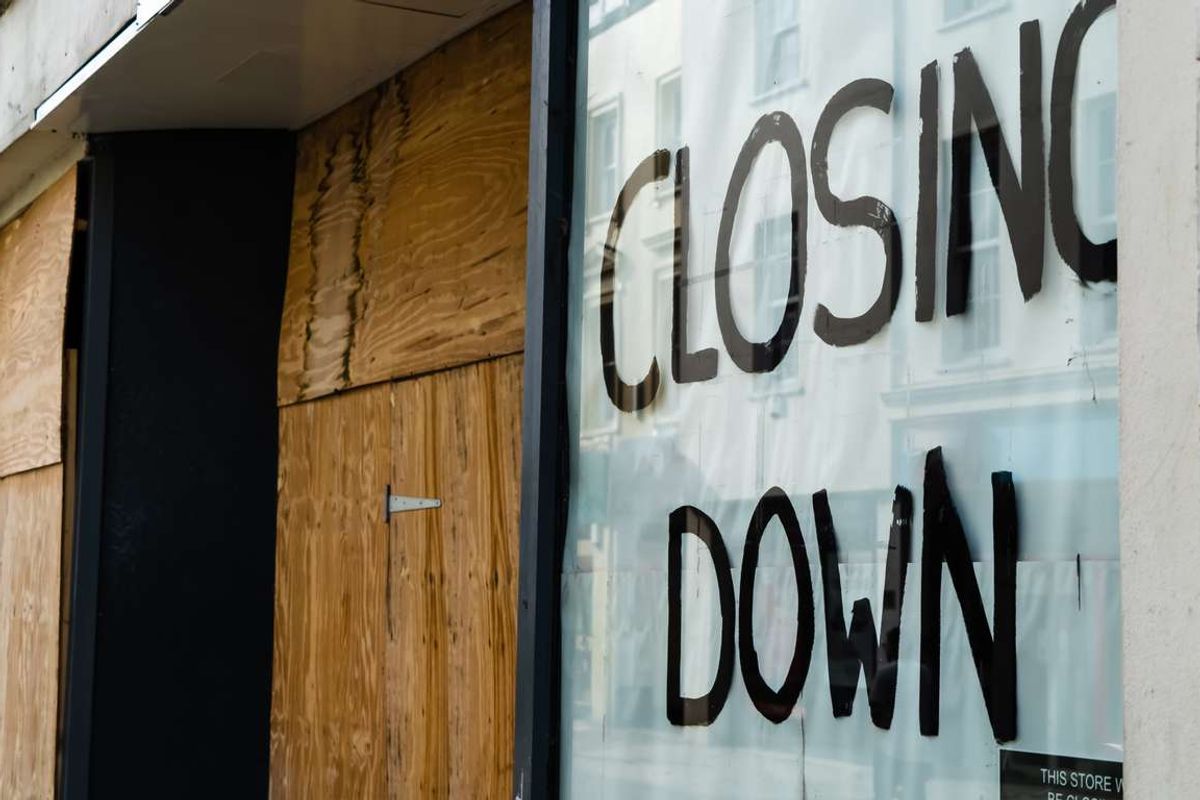The financial health of the UK retail sector has deteriorated to its weakest level in years, with almost half of all retailers now facing a significant risk of failure, according to new analysis from Opus Business Advisory Group.
As the crucial Christmas trading season approaches, Opus’s Retail Sector Market Study 2025 reveals that 45 per cent of retail businesses – around 64,000 firms – are in financial distress, more than double the 19 per cent seen across the wider economy. The study, based on data from more than 143,000 retail companies, highlights shrinking balance sheets, fragile working capital and mounting structural challenges across the sector.
Retail’s average financial health rating, known as the H-Score, has fallen to just 36 out of 100, well below the national average of 48.
Other key findings include:
- One in seven retailers (14%) are now “zombie” businesses with negative balance sheets, representing a £3.1 billion shortfall.
- One in six (16%) have negative working capital and are unable to meet short-term liabilities.
- Total sector assets have fallen by 21 per cent and net worth by 25 per cent over the past two years.
- Borrowing has plunged from £66 billion to £25 billion since 2023, suggesting a retreat from debt funding amid tighter credit conditions.
Nick Hood, Senior Advisor at Opus Business Advisory Group, said retailers were entering the festive period in a “fragile state” after several years of relentless cost-cutting.
“Many operators have already cut borrowing and costs to the bone, but with working capital so depleted and margins squeezed, any disappointment over Christmas could tip thousands into insolvency in early 2026,” he warned.
“This isn’t just about consumer confidence; it’s about structural vulnerability. Smaller retailers in particular are running out of financial headroom and time to adapt.”
The Opus study cautions that policy shifts and global pressures are likely to deepen the strain. Business rate reforms planned for April 2026 could put up to 400 large outlets at risk of closure, while rising technology costs and cyber threats are accelerating operational changes across the sector.
Despite the industry still accounting for around six per cent of UK GDP and employing 2.8 million people, the report notes that retail has lost 364,000 jobs over the past decade.
Hood added that the sector’s shrinking borrowing levels should not be mistaken for resilience. “The paradox of falling debt and worsening financial health is a warning sign. Retailers are deleveraging because they have to, not because they’re stronger. In many cases, lenders have stepped back and cashflow buffers have evaporated.”


